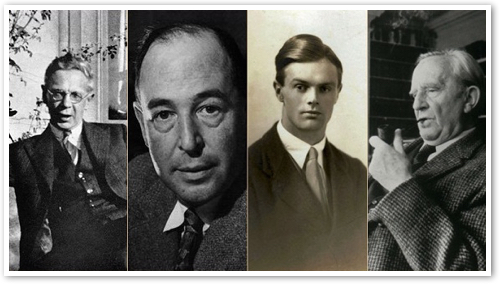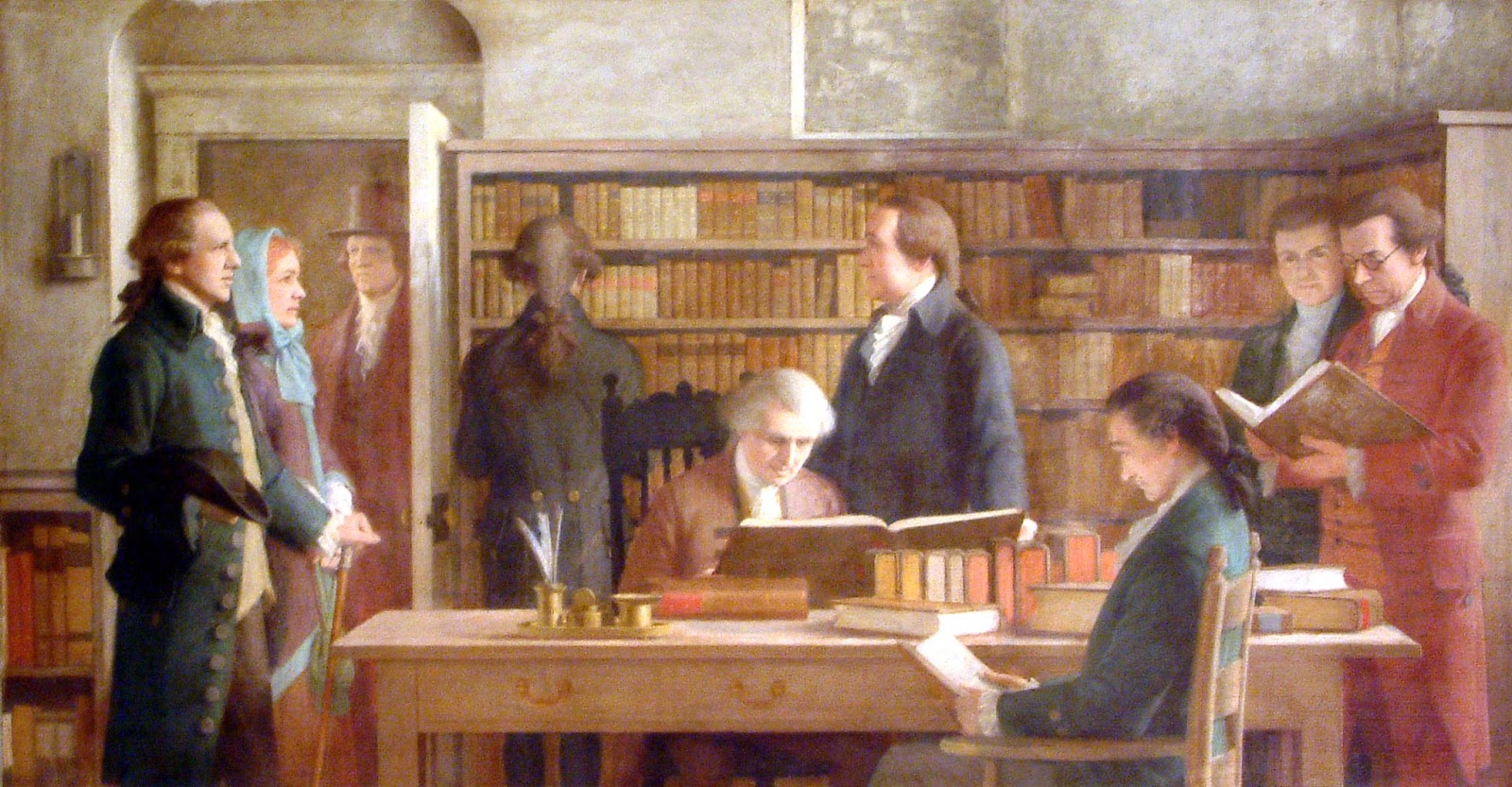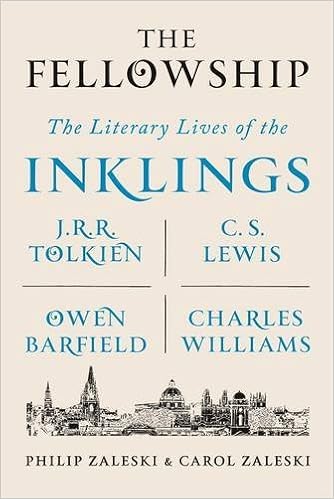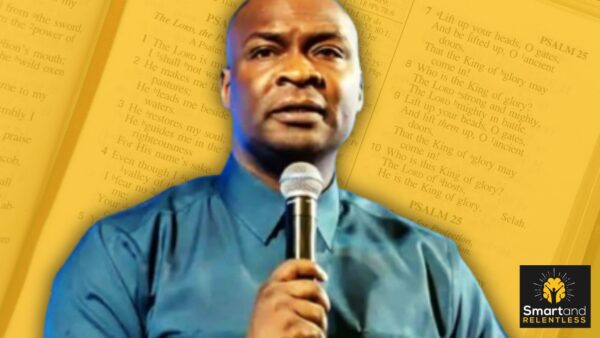The power of many brings success! – What does the Bible say about starting a Mastermind Group?

Be Smart and Relentless!
Subscribe to receive updates on the latest faith-based success tips, cutting-edge entrepreneurial concepts, and exciting opportunities.
You’ve probably heard of a master mind before, though not in the way we’re going to refer to it. In some text, a master mind is considered a sort of abstract idea that results whenever two or more people meet up and all individuals have a positive and harmonious attitude, as well as a shared, defined goal. Simple enough, right? The benefits of this master mind are plenty, though.
For one, there’s a high level of accountability when an entire group is working towards one aim. Not only will you feel obligated to your group in a way you wouldn’t feel obligated to yourself, but you’ll also have the support of your group.
“Plans fail for lack of counsel, but with many advisers they succeed.” – Proverbs 15:22
Groups also often bring more to the table in terms of resources, whether it be money or knowledge. Specifically in the terms of knowledge, groups with a “master mind” can fill in the gaps of other’s learning so that, if you don’t know about something, someone else is bound to.
There’s also a certain bond that a master mind group develops that can help give a new energy and life to a project.
Examples of successful Mastermind Group’s below:
1. Benjamin Franklin
(Image source above: Hands on Books)
Master mind groups have been around for centuries. Take for example, the Junto, a club of sorts developed by Benjamin Franklin. When he was 21, with an established print shop in Philadelphia, Franklin began a small discussion group with 12 other men to meet weekly for enriching conversations. The title “Junto” was derived from the Spanish word meaning “to join,” and the group discussed moral matters, politics and science. They met at taverns or each other’s homes and even started a small lending library, the first in the New World.
2. C.S. Lewis, J.R.R. Tolkien, Charles Williams, Owen Barfield
 (Image above source: Catholic Education)
(Image above source: Catholic Education)
One of the most well known master mind groups is that formed by famed writers C.S. Lewis (known for The Chronicles of Narnia), J.R.R. Tolkien (known for The Lord of the Rings), Charles Williams and Owen Barfield. The group called themselves the Inklings, and met at Magdalen College or at pub, the Eagle and Child, throughout the week, with a tea, pipe tobacco and beer. They would read from their most recent writings, most typically The Screwtape Letters or The Hobbit, with the other members giving criticism where necessary. Literature was not the only topic discussed, but also philosophy, culture and faith, as all members were Christians. The meetings went on for 16 years, right when Tolkien finished Lord of the Rings, and continued in a more informal manner for another 14 years.
Relevant Bible verses:
1. “The LORD said, “If as one people speaking the same language they have begun to do this, then nothing they plan to do will be impossible for them.” – Genesis 11:6
2. “Go to the ant, you sluggard; consider its ways and be wise! It has no commander, no overseer or ruler, yet it stores its provisions in summer and gathers its food at harvest.” – Proverbs 6: 6-8
3. “Two are better than one, because they have a good return for their labor: If either of them falls down, one can help the other up. But pity anyone who falls and has no one to help them up. Also, if two lie down together, they will keep warm. But how can one keep warm alone? Though one may be overpowered, two can defend themselves. A cord of three strands is not quickly broken.” – Ecclesiastes 4:9-12
4. “And let us consider how we may spur one another on toward love and good deeds, not giving up meeting together, as some are in the habit of doing, but encouraging one another—and all the more as you see the Day approaching.” – Hebrews 10:24-25
5. “For lack of guidance a nation falls, but victory is won through many advisers.” Proverbs 11:14
Recommended book: The Fellowship – The Literary Lives of the Inklings
Book of the Year by the Conference on Christianity and Literature
C. S. Lewis is the 20th century’s most widely read Christian writer and J.R.R. Tolkien its most beloved mythmaker. For three decades, they and their closest associates formed a literary club known as the Inklings, which met every week in Lewis’s Oxford rooms and in nearby pubs. They discussed literature, religion, and ideas; read aloud from works in progress; took philosophical rambles in woods and fields; gave one another companionship and criticism; and, in the process, rewrote the cultural history of modern times.
Buy now – Click here
Author

Recent Posts
Related Articles
Why are muslims more successful than Christians?
In recent years, there has been a noticeable trend of influential individuals...
ByDeji OkNovember 26, 2024Successful Christians the book – Available Now!
Grab your copy of Successful Christians the book.
ByAdminNovember 19, 2024The real reason why every Christian needs to be rich and successful
In today’s society, I believe Christians should seek financial freedom and influence...
ByAdmin, Deji OkNovember 18, 202410 Bible verses that show the path to true greatness
In the book of Genesis, it is clearly stated that God created...
ByAdminOctober 17, 2024













